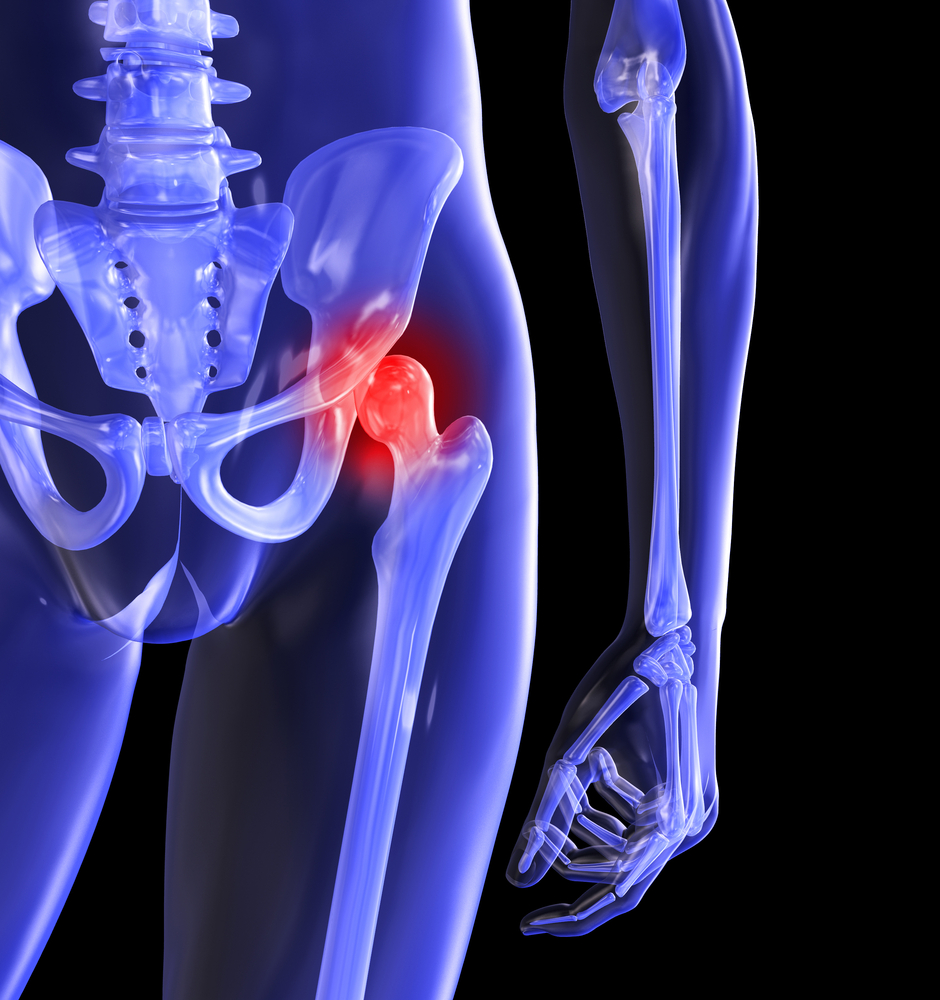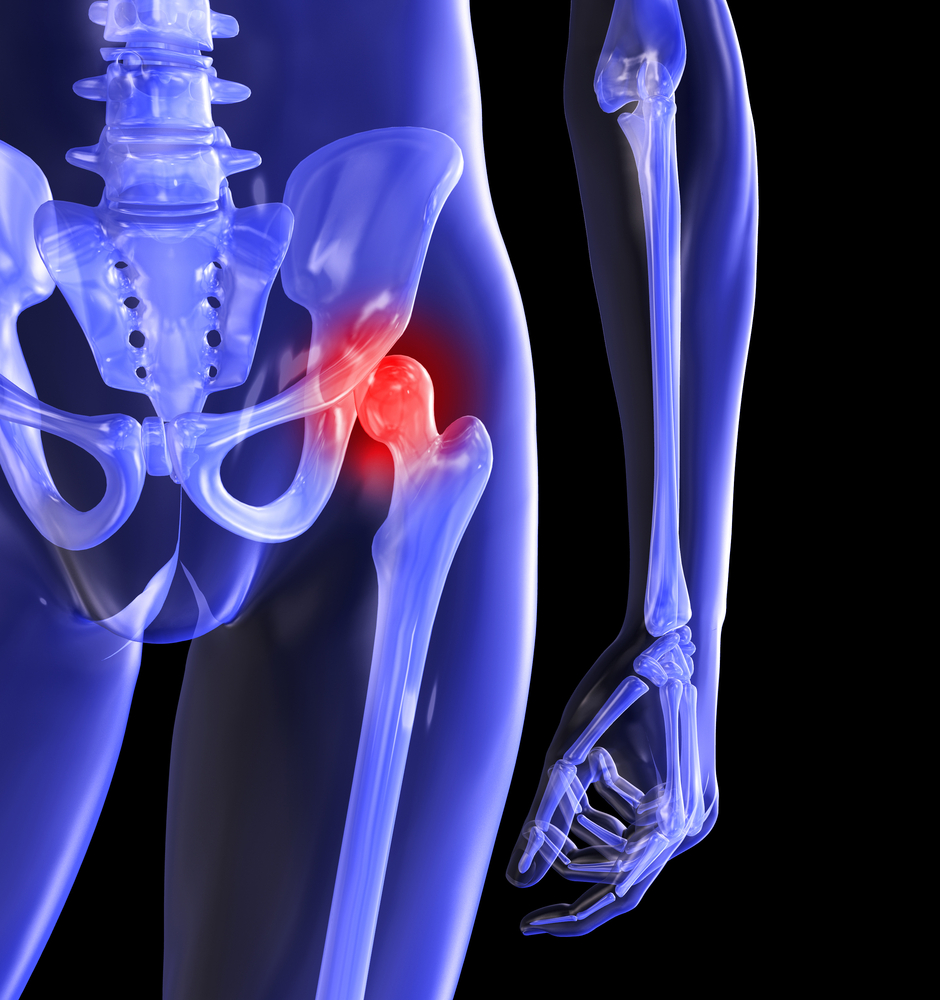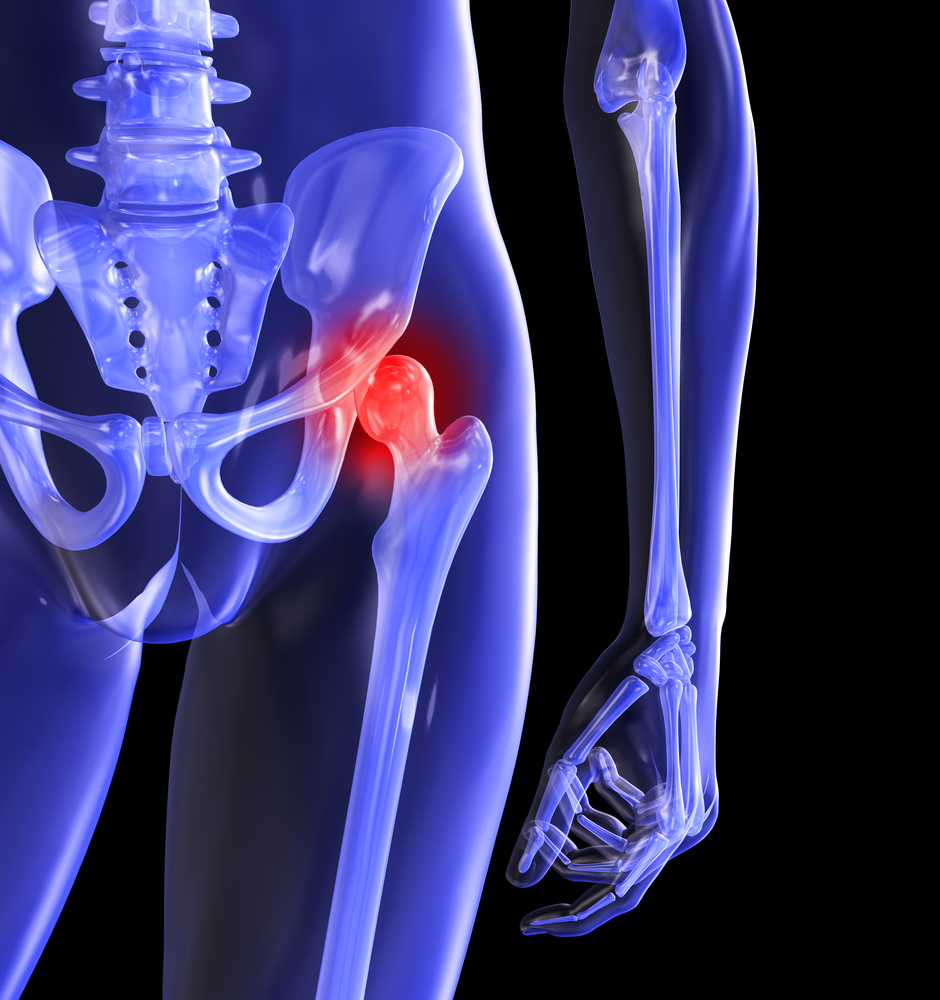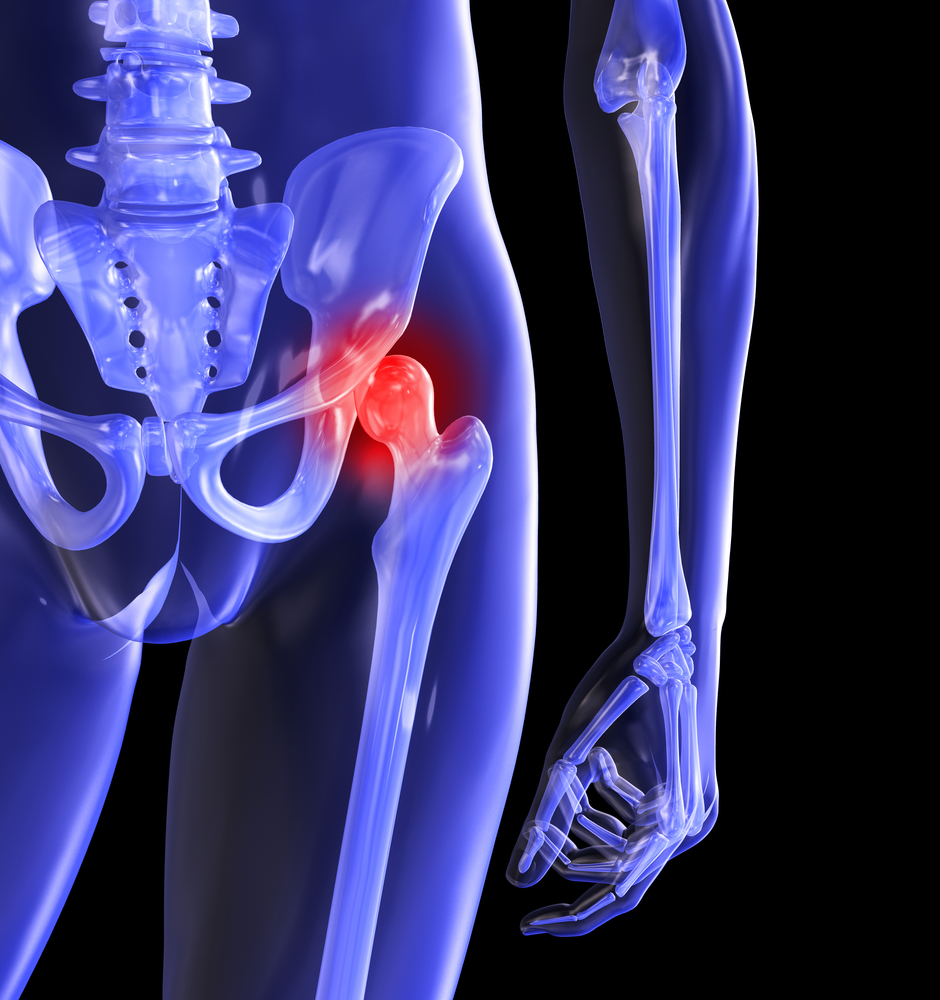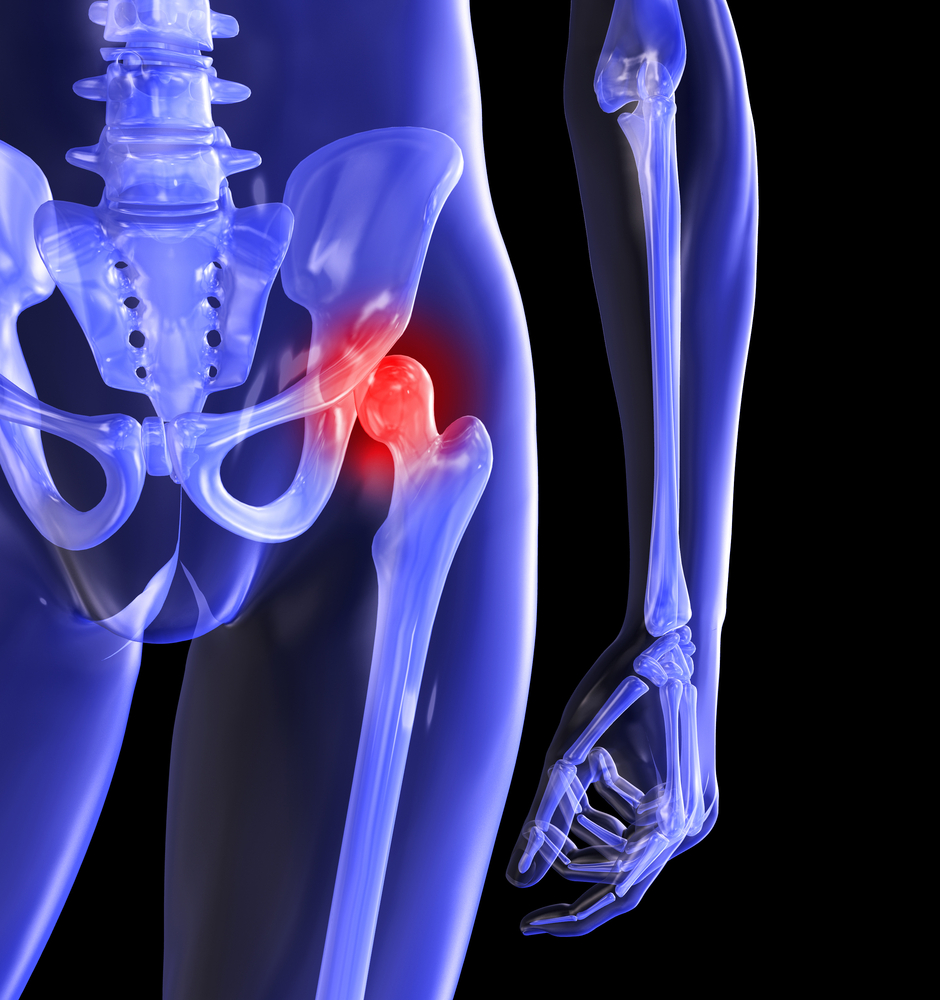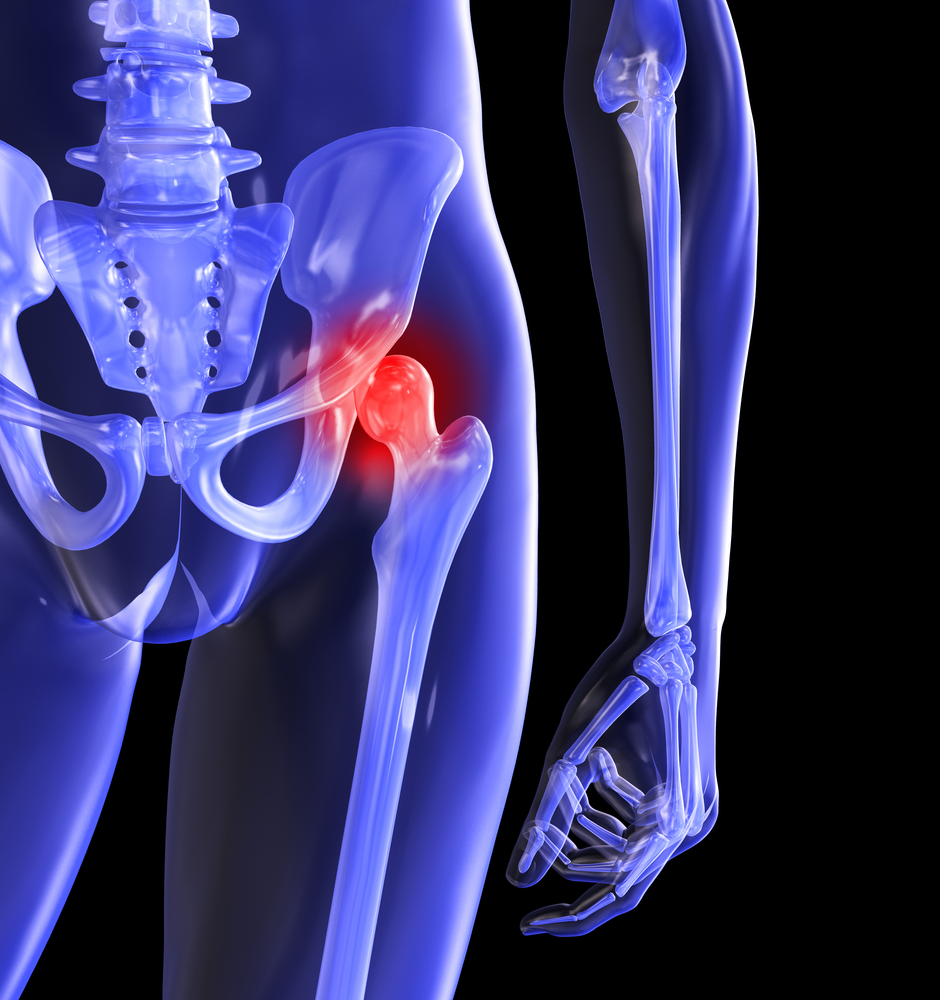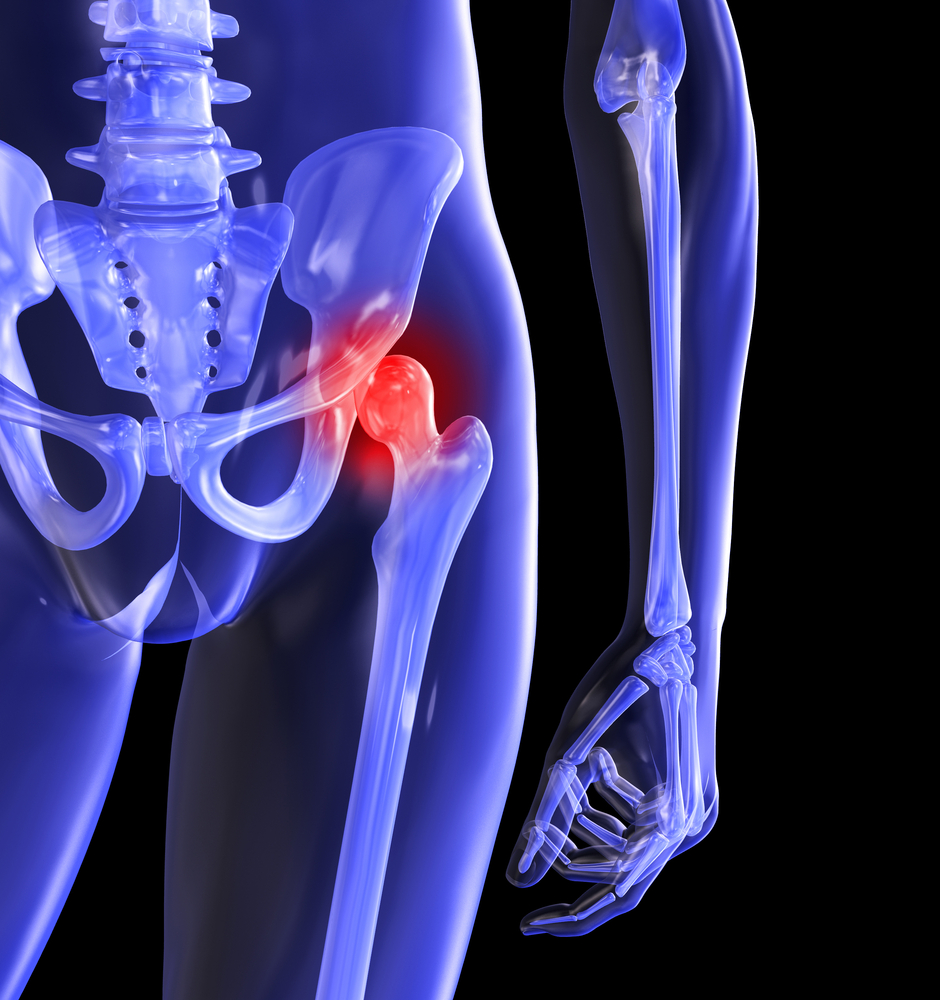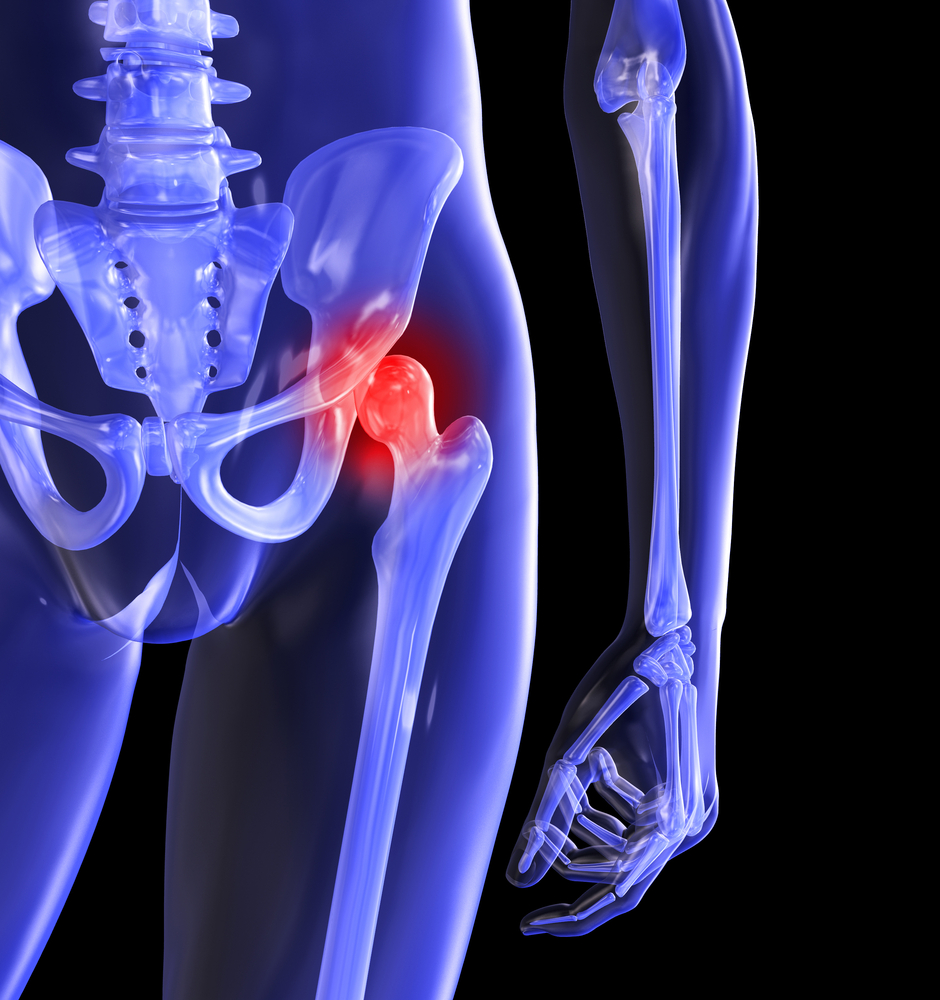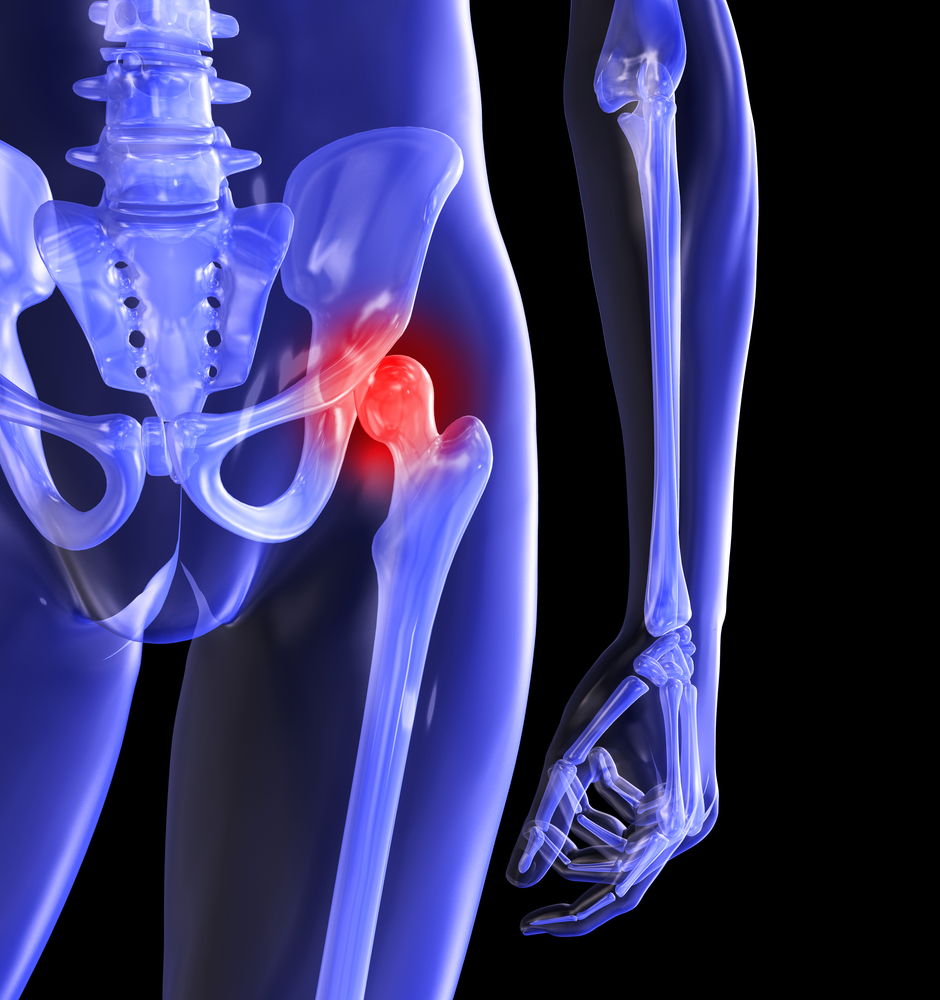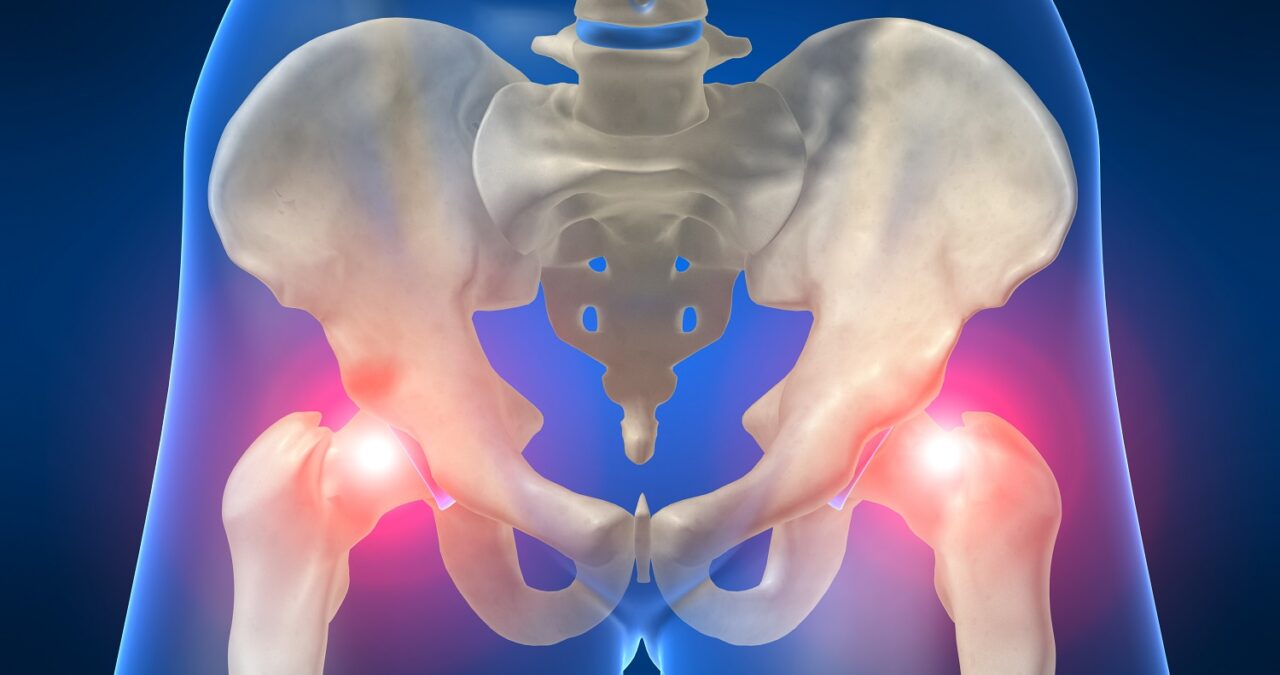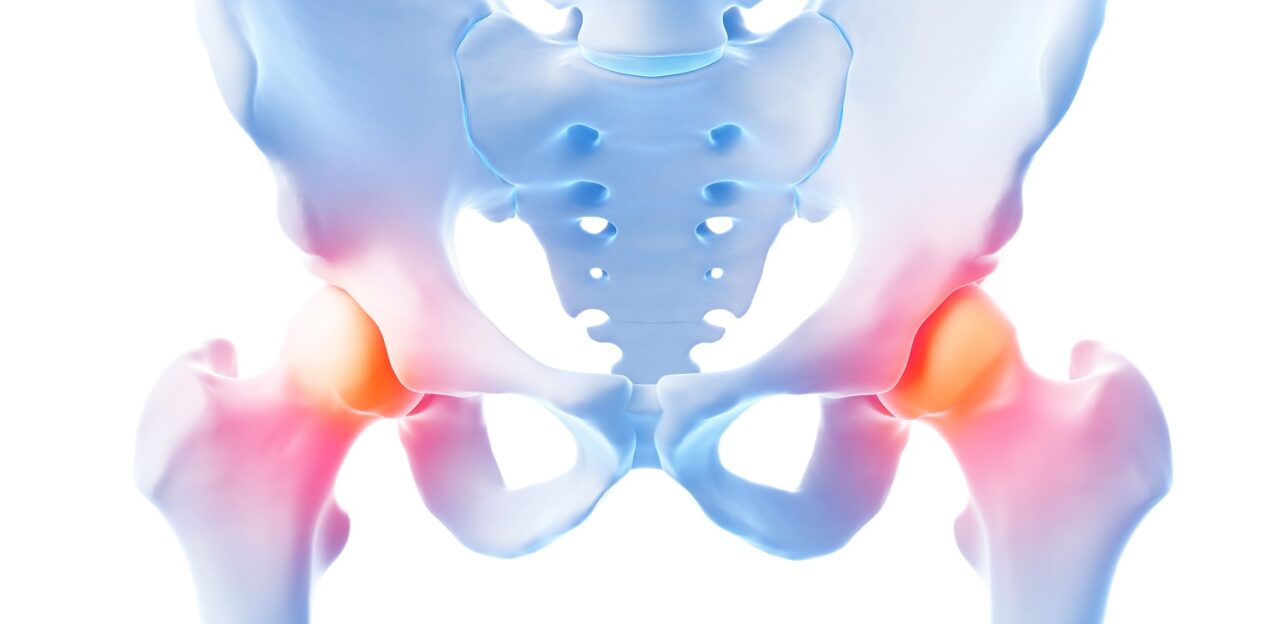Hip arthritis is a common and debilitating condition characterized by inflammation of the hip joint, leading to pain, stiffness, and reduced mobility. At Rothman Orthopaedic Institute, we specialize in diagnosing and treating various types of hip arthritis, offering tailored care across multiple locations, including Bucks County, Chester County, Delaware County, Montgomery County, New Jersey, Newtown, Newtown Square, Northeast Philadelphia, and near Delaware.
Types of Hip Arthritis
Hip arthritis encompasses several types, each with distinct causes and symptoms:
- Osteoarthritis: Also known as Degenerative Joint Disease, it results from cartilage erosion due to wear and tear over time, primarily affecting weight-bearing joints like hips and knees.
- Rheumatoid Arthritis: An autoimmune disease where the immune system attacks joint tissues, causing inflammation and potential bone and cartilage damage.
- Psoriatic Arthritis: Linked to the skin condition psoriasis, it can affect multiple joints including the hips.
- Ankylosing Spondylitis: Causes inflammation of the spine and major joints, including the hips, often attributed to genetic factors.
- Systemic Lupus Erythematosus: An autoimmune disorder affecting multiple body systems, including joints, more commonly diagnosed in women.
- Post-Traumatic Arthritis: Develops after a hip injury or fracture, leading to joint inflammation and degeneration.
Diagnosis
Diagnosing hip arthritis involves a thorough medical history review, physical examination, and possibly imaging tests such as X-rays to assess the condition of the hip joint. This helps rule out other conditions like ovarian cysts or hernias that may present similar symptoms.
Managing Hip Arthritis
Effective management of hip arthritis involves employing various techniques to alleviate pain and improve mobility. At Rothman Orthopaedic Institute, we provide comprehensive care, including:
- Low Impact Exercise: Activities such as yoga, water aerobics, swimming, and bicycling to encourage range of motion without exacerbating arthritis symptoms.
- Weight Management: Losing excess weight reduces pressure on hip joints, easing arthritis symptoms and slowing disease progression.
- Medication Therapy: Includes over-the-counter pain relievers and anti-inflammatories, tailored to the severity of the condition and individual health factors.
Hip Bursitis Treatment
Hip bursitis, which affects the bursae (fluid-filled sacs that cushion the hip joint), can also cause hip pain. Treatment may include physical therapy, activity modification, and steroid injections to reduce inflammation and alleviate discomfort.
Expertise and Services: Rothman Orthopaedic Institute is a leader in hip arthritis treatment, offering:
- Comprehensive Diagnostic Evaluations: Utilizing advanced imaging and diagnostic techniques.
- Personalized Treatment Plans: Tailored to each patient’s specific condition and lifestyle.
- Expertise in Both Non-Surgical and Surgical Interventions: Including minimally invasive procedures and total hip replacement surgeries.
- Access to Cutting-Edge Research and Clinical Trials: Focused on improving outcomes for hip arthritis patients.
Conclusion
If you or a loved one are experiencing symptoms of hip arthritis, Rothman Orthopaedic Institute is here to provide specialized care and support. Whether you're exploring non-surgical options or considering advanced surgical procedures, our comprehensive care is designed to improve mobility and enhance your quality of life. Contact us today at 1-800-321-9999 to schedule a consultation and take the first step toward relief.





